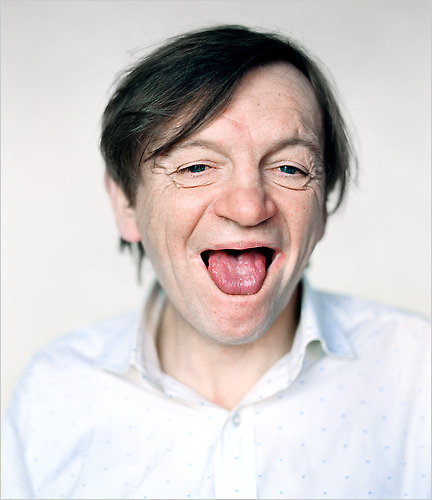Dr David Bates, Director of Politics and IR at Canterbury Christ Church University, reflects on the political nature of the work of singer Mark E. Smith and argues that it presented in many ways an act of refusal.
Mark E. Smith, who died on 24 January 2018, was the lead singer of the North Manchester ‘Post-Punk’ band ‘The Fall’.
The title of the band was taken from a work of that name by Albert Camus (in French La Chute). Beyond Camus, Smith was influenced by a number of writers and artists – from the philosophy of Nietzsche, the music of Can, and the dystopian science fiction of Philip K. Dick. These influences he reintroduced through his own form of amplified distortions into the Manchester of the late 1970s.
Smith’s outpouring of work over the next 40 years was immense (32 studio albums and 46 singles).
This work was not always – indeed rarely – easy on the ear. But it was not intended to be. (Smith once remarked to one of his musicians ‘if you’re going to play it out of tune, then play it out of tune properly’.)
What the fall for me represented was a possibility of a form of ‘pop’ music which simultaneously refused the rules of pop. The Fall produced music often so distorted that it would have seemed impossible to commodify. They made an anti-commodity commodity. Their very existence 40 years after their formation was a refusal of the power of Simon Cowell and others like him, who have done so much to hollow out the power of popular culture in order line their own pockets. To this extent, The Fall were political in a very real sense.
Though Smith would have loathed my pretention – he was serious about his art. (Indeed in 1988 The Fall provided the soundtrack for the ballet ‘I am Curious Orange’ by the Michael Clark Ballet Company.) The Fall were performance art at its most visceral. They produced a form of pop music which negated Ed Sheeran. And I would listen ten times to the Fall’s C.R.E.E.P than I would to Shape of You!
Mark. E. Smith
5 March 1957 – 24 January 2018
 Politics
Politics Anna Vanaga
Anna Vanaga 761
761


